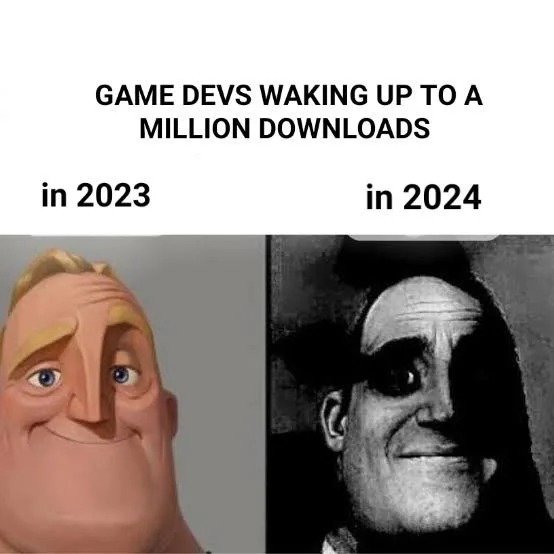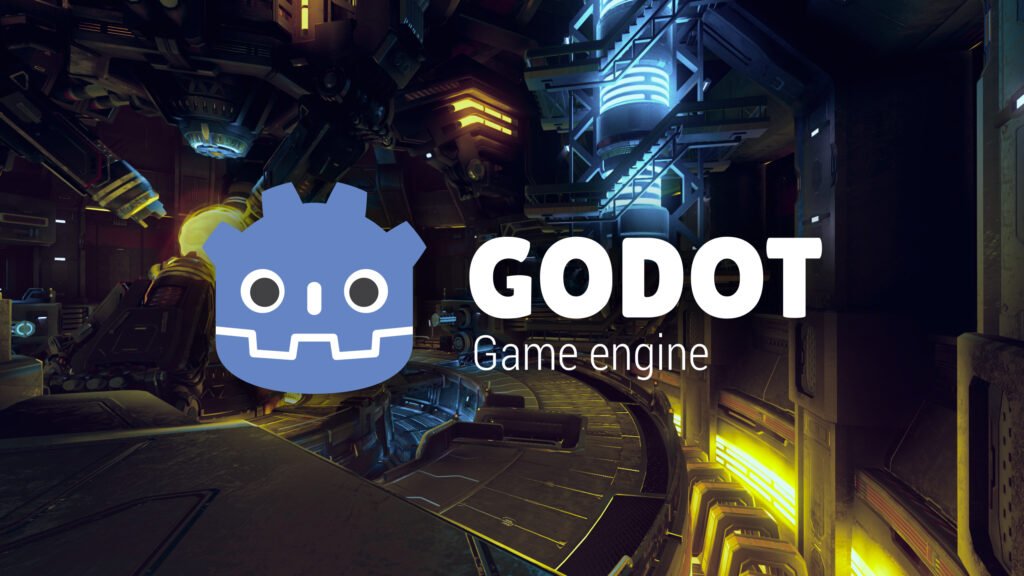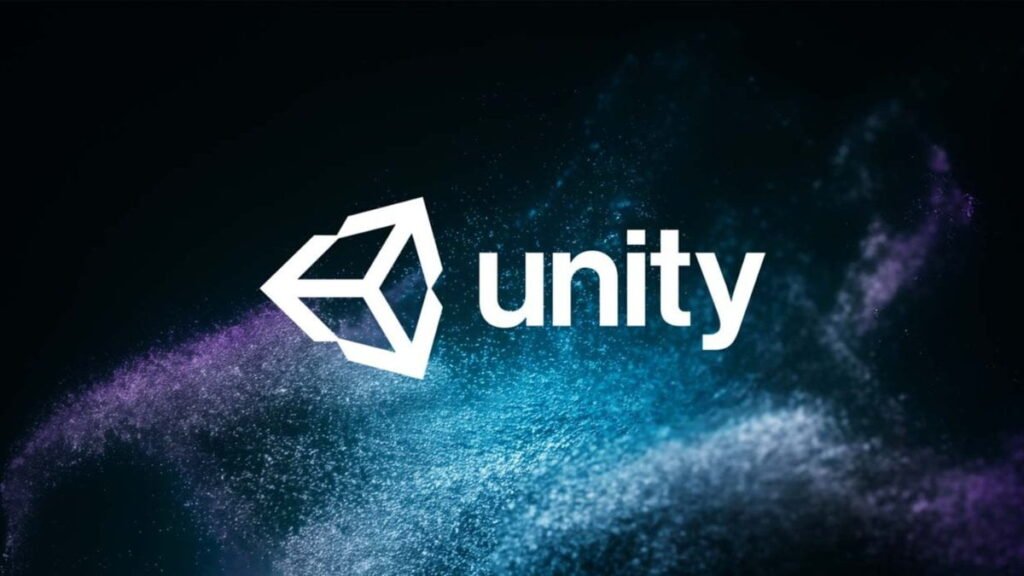Unity, one of the most popular game development tools in the world, has recently announced a controversial change to its pricing model that has sparked outrage and boycotts from many game developers. The new policy, which will take effect in 2024, will charge developers a fee for every installation of their game after a certain threshold, regardless of their revenue or profit.

New policy
According to Unity’s blog post, the new pricing model is intended to “align with the value that Unity provides” and “enable us to invest more in Unity and the future of interactive 3D”. The company claims that only about 10% of its customers will be affected by the change, and that it will offer discounts and waivers for certain cases but to consumers it just looks like a way for Unity to make a short term profit in the wake of Unreal Engine’s massive success.
Many developers have criticized the new policy as unfair, unpredictable, and harmful to the game industry. They argue that the fee will discourage innovation, creativity, and experimentation, as well as penalize games that rely on free downloads, ads, or subscriptions. They also point out that the fee will be based on Unity’s own tracking system, which may not be accurate or transparent.
Developer Pushback
Some of the most vocal critics of the new policy are developers who have made successful games using Unity, such as Innersloth, the creators of Among Us, and Size Five Games, the makers of The Swindle. They have announced that they will either stop using Unity or switch to another engine for their future projects. Many other developers have expressed similar sentiments on social media and forums.
Mobile game developers, are protesting Unity by turning off ad monetization services for their games. In an open letter published by the mobile companies, they say they are turning off all ironSource and Unity Ads features two services Unity offers to developers to monetize their games. They’ll turn these services back on when Unity reviews and reverses its new policy, which has developers across the entire industry upset.
Alternatives?

One of the best alternatives that some developers are considering is Godot Engine, a free and open source game engine that supports both 2D and 3D games. Godot Engine has been praised for its flexibility, ease of use, and community support. Unlike Unity, Godot Engine does not charge any fees or royalties for using its engine.
Another sign of support for Godot Engine came from Re-Logic, the developers of Terraria. Re-Logic announced that they would donate $100,000 to Godot Engine. They also pledged to sponsor the project with $1,000 per month in the future. Re-Logic stated that they were not directly affected by Unity’s new policy, but they wanted to stand in solidarity with other developers and promote open source alternatives. They also urged Godot Engine to keep improving their engines and making them more accessible and user-friendly for developers worldwide.
Other Alternatives
Godot Engine is not the only option for developers who want to avoid Unity’s new pricing model. There are other game engines that offer different features and advantages, such as Unreal Engine, GDevelop, Wick Editor, and LÖVE. Each of these engines has its own strengths and weaknesses, and developers will have to weigh them carefully before making a decision.
The new pricing model of Unity has sparked a heated debate in the game industry, and it remains to be seen how it will affect the future of game development. Unity has said that it is listening to feedback and making changes to the policy, but it is unclear if these changes will be enough to appease its customers. For now, many developers are looking for alternatives and hoping for a better solution.
If you enjoyed this article, be sure to check out Lies of P, another new Soulslike to play during this Steam Deck sale. Or you could even ready up for Cyberpunk 2077’s newest 2.0 upgrade which overhauls the base game experience.
